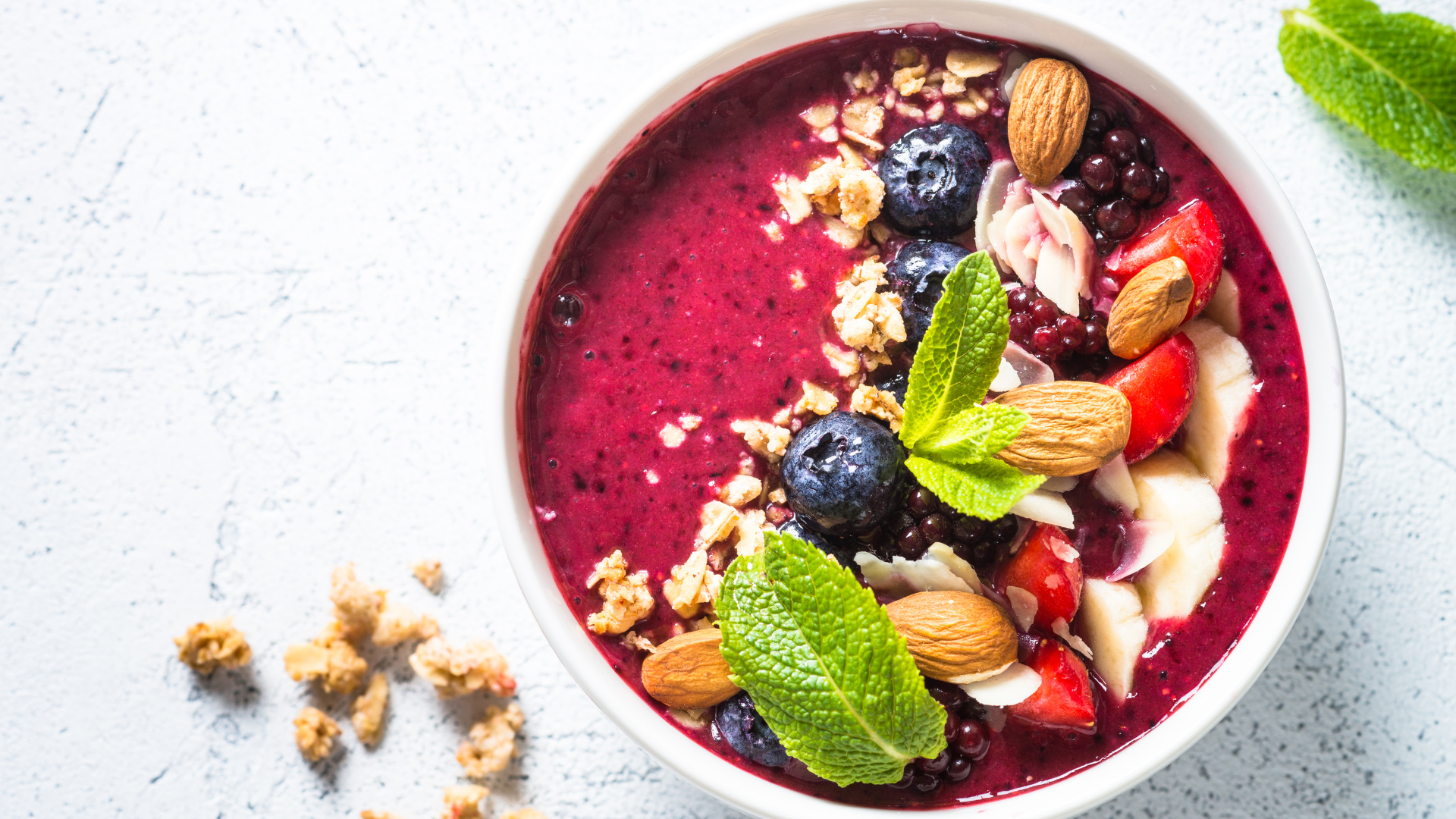If you’re considering making the switch to a plant-based diet, you’re not alone. More and more of us are cutting back on our intake of animal products, and if we pay attention to media headlines, it can feel like everyone we know is vegetarian or vegan. However, going vegetarian isn’t the same as going vegan, and being vegan isn’t the same as being an ethical vegan.
Vegetarianism seeks to exclude meat from the diet, but animal products such as milk, eggs and honey can still be consumed. Veganism, on the other hand, seeks to exclude all animal products from the diet, including milk and eggs and honey. Ethical veganism, meanwhile, seeks to exclude all animal products from daily life, meaning fur, wool, leather, silk and beeswax cannot be used, among other things. While these movements have grown by leaps and bounds in the last few years, there are still some common misconceptions about veganism.
Reason Why You Should Going to Be Vegan
Being Vegan is Better for the Environment.
Being vegan is better for you, but did you know it’s also better for the environment? The environmental impact of animal agriculture is vast—one study estimates that animal agriculture generates more greenhouse gas emissions than all the world’s cars, trucks, buses, and aeroplanes combined. The emissions are primarily due to methane released as animals produce the manure and waste required for their production (including methane from large factory farms).
It Allows You to Live Longer.
Is veganism a fad or a faddish dietary choice? Although veganism is a burgeoning food trend, it’s nothing new. Some researchers argue that veganism may be a scientifically backed choice that can help us live longer. Red meat in particular is linked to certain health problems, so cutting it out can improve health.
Vegans are Healthier.
The results of numerous large studies show that vegans tend to have healthier diets, particularly when it comes to eating fruits and vegetables, fibre, and the types of carbohydrates consumed. Whilst vegans tend to consume more sugar, this sugar comes in the form of fructose, which is easily digestible.
Being Vegan is Cheaper.
Going vegan is not only good for the environment, animals, and your health, but it can also save you money. Many studies have found that people eating a vegan diet are healthier than those who do not. Whilst meat alternatives have been expensive in the past, prices have come down as they have become more popular. Meanwhile, fruit and veg tend to be cheaper than meat, whilst plant-based dishes in restaurants are usually cheaper than meat-based dishes, making dining out cheaper too.
Vegans Are Happier.
Many people make the mistake of thinking that being a vegan means you have to give up everything you love. However, that’s far from the truth. They love to go to restaurants, eat at friends’ houses, and party just as much as anyone else.
Veganism is on the rise. As more people make the switch to a plant-based lifestyle, the question arises: can they really do it without missing out on all the foods they love? Many assume that to be vegan, one must forgo your favourite foods. This couldn’t be further from the truth. Whether you’re going vegetarian or vegan, you just need to be creative and adapt your meals to exclude meat.
Going vegan might be the natural next step for anyone looking to reduce their carbon footprint and improve their overall health. It is not just about becoming healthier, however, but about an aversion to harming other living beings. It may seem like a challenge to you at first, but you’ll find that veganism is not just about food but about living a more compassionate life.
Veganism isn’t for everyone. However, if you eat meat, factory farming may be contributing to climate change. If you are already vegan, good for you! It’s better for the environment, animals, and your health. Veganism might be an overwhelming change for some, but it doesn’t have to be. When you make a small change in your eating habits, other people will see the benefits and may follow suit.
